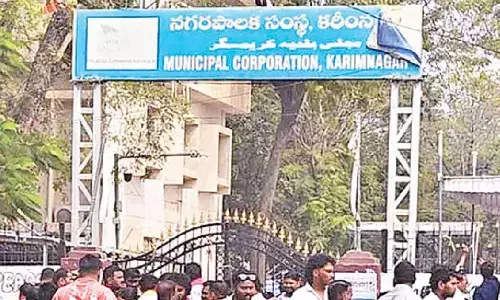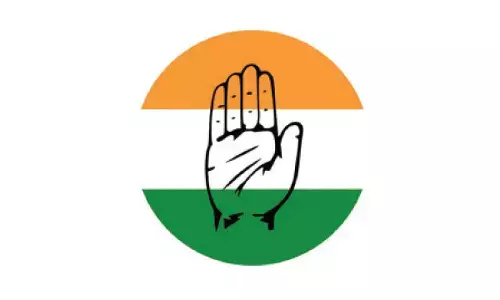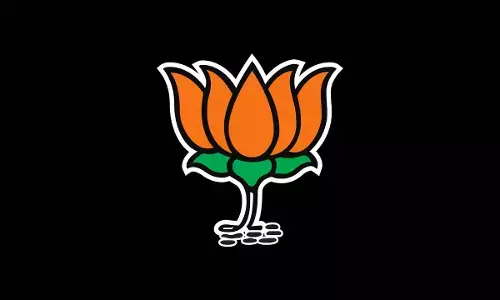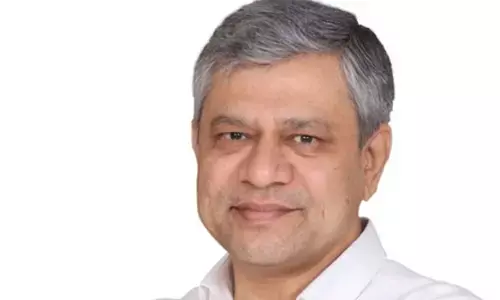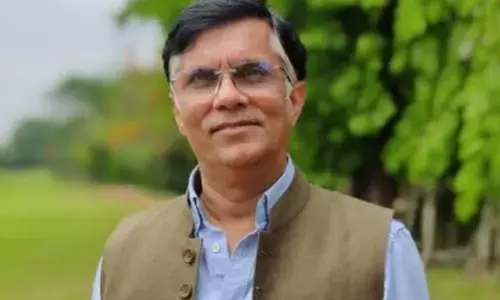12% children received no dose of measles vax: Study

The findings showed that zero-dose cases were high in the northeastern states, with Nagaland reporting the greatest share at 26 per cent. Tamil Nadu was found to report the lowest at 4.6 per cent
New Delhi : Nearly12 per cent of children in India who are eligible for measles vaccination have received none of the recommended double-dose, signalling a “concerning gap” in immunisation coverage, a new study has found.
The findings showed that zero-dose cases were high in the northeastern states, with Nagaland reporting the greatest share at 26 per cent. Tamil Nadu was found to report the lowest at 4.6 per cent. Researchers from the Ministry of Health and Family Welfare and Banaras Hindu University in Varanasi investigated previously overlooked critical aspects of measles vaccination, focusing on zero-doses, partially vaccinated, and those fully immunised.
They analysed data of over 43,000 children aged 2-3 years, collected through the National Family Health Survey 2019-21 (NFHS-5). The team found that close to 30 per cent of the eligible children have received only one measles-containing vaccine (MCV1), while about 60 per cent have been fully immunised (MCV2).
The findings are published in the journal Vaccine. In 2017, India adopted the National Strategic Plan for Achieving and Sustaining Measles and Rubella Elimination. The researchers acknowledged that disruptions due to the COVID-19 pandemic heightened the risk of measles in vulnerable populations. While immunisation programmes were eventually resumed in a phased manner, measles zero-dose children pose a significant obstacle to achieving goals of eliminating the acute and highly contagious viral disease, the researchers said.
Occurring primarily in children, symptoms can include high fever, cough, runny nose and a rash all over the body. Being vaccinated is the best way to avoid getting sick and spreading the disease, according to the World Health Organization. The analysis also revealed huge inter-district variations, according to the researchers. They found that in Uttar Pradesh, while Prayagraj and Banda districts were found to have about 34 per cent and 32 per cent of these cases, respectively, Hapur and Etawah have 2.6 per cent and 2.1 per cent of zero-dose cases.


